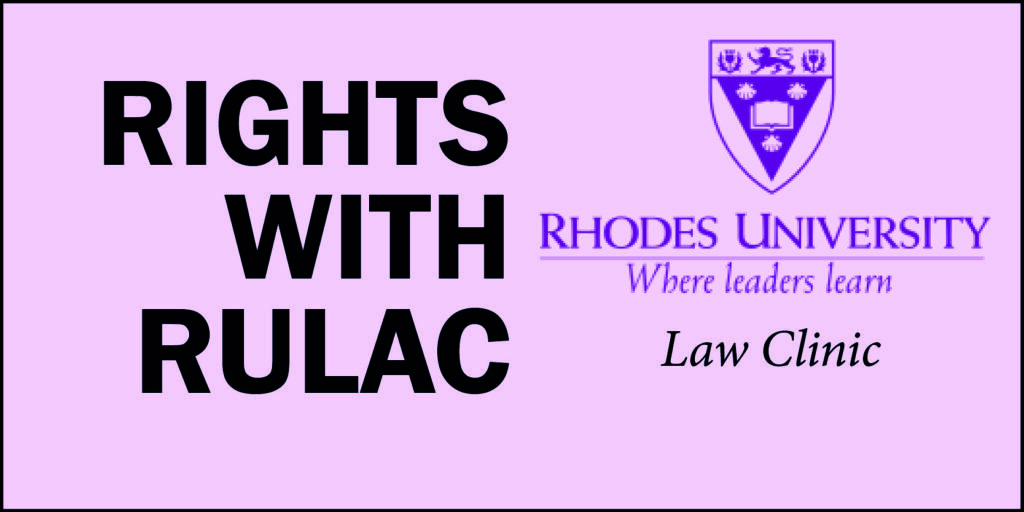By SHAUN BERGOVER
Introduction
Maintenance is the legal obligation to provide another person with housing, food, clothing, education, medical care etc. This legal duty to maintain is also called ‘duty to maintain’ or ‘duty to support’ and is governed by the Maintenance Act 99 of 1998 (“the Act”).
Who must provide maintenance?
The Act applies where a person has a legal duty to maintain another person, arising from a relationship of blood, adoption, marriage, and more. For purposes of this article, maintenance of children will be discussed. There is a legal duty for a child to be supported by his or her parents, whether the parents are living together, married, separated or divorced. In certain circumstances the legal duty falls on the
grandparents of the child, whether or not the child’s parents were married to each other.
What expenses can be claimed?
Reasonable maintenance can be claimed for expenses that are necessary and that provide the child with a proper living environment and a proper upbringing. This includes necessities such as food, clothing, housing, as well as education and medical expenses. To enable the court to make a fair order, both parties must provide the court with proof of their income and expenses.
How long does the duty to maintain last?
The duty to maintain lasts for as long as the child is in need of support. This means that even if the child has turned 18 (the age of majority), the legal duty will continue provided the child is in need. For example, the child could still be at school or could be at a tertiary institution, even though he or she is over 18.
Procedure
Every magistrate’s court in South Africa acts as a maintenance court for purposes of the Act. Thus the Grahamstown Magistrates Court also functions as a maintenance court, and can provide assistance to complainants on Thursday mornings from 9am. The necessary application forms need to be completed and proof of monthly income and expenses need to be submitted to the maintenance officer. The respondent (person from whom you are claiming maintenance) will be notified of a date on which he or she must appear in court. The maintenance officer and maintenance investigator will investigate the claim of the applicant (person applying for maintenance) and will look into the circumstances of the claim. On the date of the court hearing, the respondent has a choice between agreeing to pay the maintenance amount claimed, or contesting the matter.
If the respondent agrees to pay the requested amount, the maintenance officer will refer the matter to a magistrate who will make the agreement an order of court. If the respondent contests the matter, it will go before a magistrate for argument and the magistrate will decide on an order which is in the best interests of the child, but also taking into account the financial circumstances of both parties.
How can maintenance be paid?
Maintenance can be paid in one of the following ways: at the local magistrate’s office; directly into the bank account of the applicant; in cash directly to the applicant; or by means of an emoluments attachment order whereby the maintenance amount is deducted directly from the respondent’s salary every month. The maintenance service provided by the courts is free, and the time frames for finalising cases vary between matters. Visit your local maintenance office for more information.
Rhodes University Law Clinic helping you
The Rhodes University Law Clinic strives to improve access to justice through the provision of free legal services to indigent people in most areas of law. In addition to its New Street offices, Law Clinic staff are available to clients at the Assumption Development Centre (Konongendi), Nceme Street, Joza, on the first and third Thursday of every month from 9am-12pm.
Law Clinic staff also conduct a talk show on Radio Grahamstown on the second and fourth Friday of every month, and provide workshops on a wide range of topics in order to raise awareness of people’s rights. For more detail, please contact the Rhodes Law Clinic:
Rhodes University Law Clinic
41 New Street, Grahamstown
Telephone 046 603 7656
lawclinic@ru.ac.za


